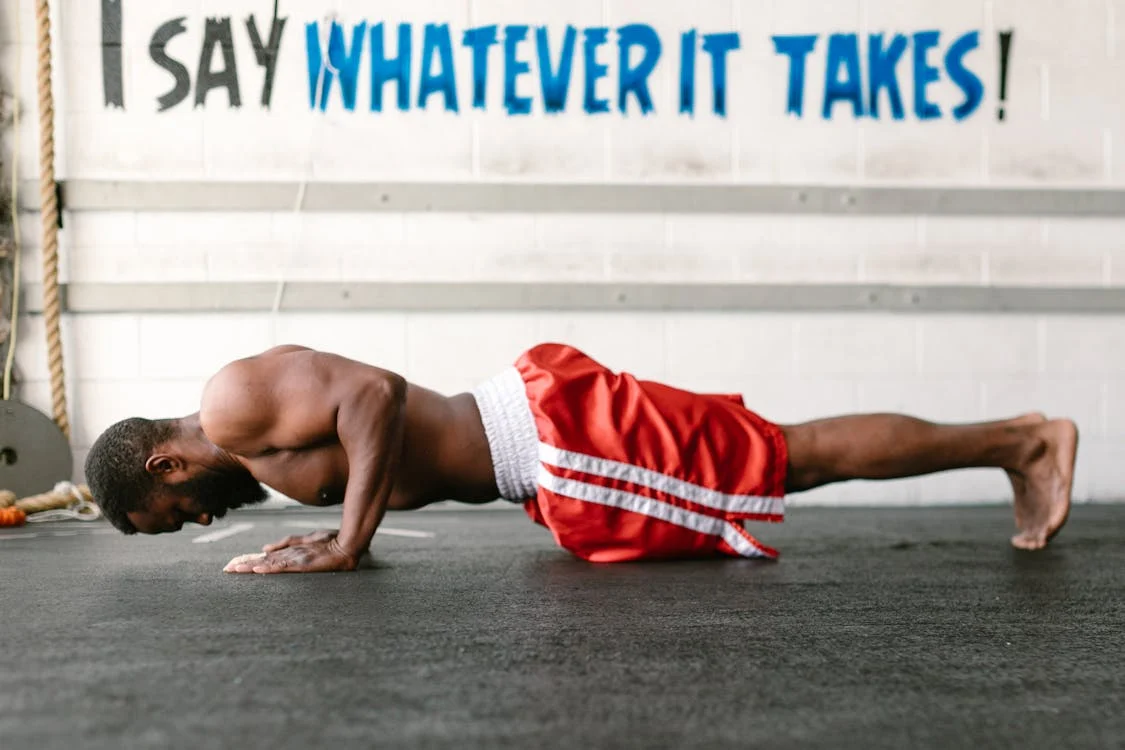If you’ve spent any time on social media lately, you’ve probably come across the 11 Push-Up Challenge—a simple yet powerful test of upper body strength and mental grit that’s caught fire across TikTok, Instagram, and YouTube. But what started as a viral trend is sparking a deeper question: Is this challenge actually good for your fitness—or just another fleeting moment of internet fame?
Let’s break it down.
What Is the 11 Push-Up Challenge?
The challenge is straightforward: perform 11 perfect push-ups—no knees, no shortcuts, and no pauses. It sounds easy enough… until you try it. The twist? It’s not just about quantity. It’s about form, control, and consistency.
Participants are encouraged to go slow and steady, maintaining full range of motion and strict posture. That means chest to the ground, elbows tucked, core engaged, and no sagging hips. In short, 11 real push-ups.
Why 11?
The number 11 holds a bit of symbolic weight—it represents balance, power, and forward momentum in some circles. But from a fitness perspective, it’s just enough reps to push past casual effort, especially when done with perfect form. It’s also an approachable entry point for people of all fitness levels.
Some fitness influencers claim 11 solid push-ups are a “baseline” for upper body functionality. Others see it as a daily check-in—a micro-workout with big impact over time.
The Benefits Behind the Trend
Whether or not you buy into the hype, there’s real value here. Push-ups are one of the best bodyweight movements out there. They train your chest, shoulders, triceps, core, and even glutes—all without equipment.
Doing them regularly can lead to:
- Better posture
- Stronger upper body strength
- Improved core stability
- Greater overall endurance
Plus, a daily dose of discipline—no matter how small—can ripple into bigger, healthier habits.
Trend or Truth?
So, is the 11 Push-Up Challenge legit? Yes—but with a caveat. Like any trend, it’s only as effective as the effort you put into it. Sloppy reps won’t do you much good. But if you approach it with intention, it’s a fast, free, and functional way to build strength and confidence.
In fact, many trainers now recommend micro-challenges like this to help people stay consistent—especially those with tight schedules or workout fatigue.
